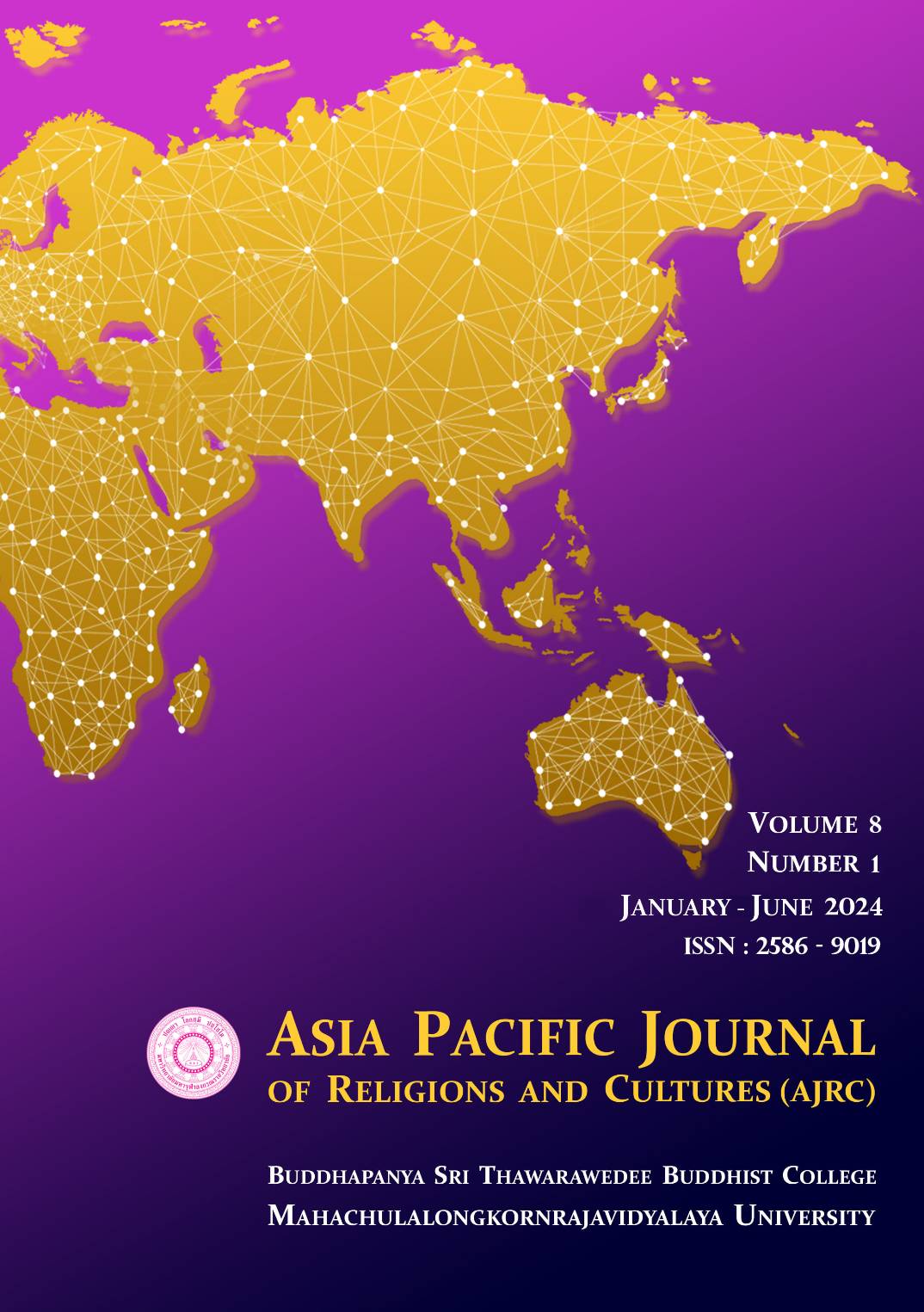Development of Reginal Tourism Based on the Perspective of New Public Management Theory
Main Article Content
Abstract
The research objectives were: (1) to study regional tourism, (2) to study the role the government played in global tourism, (3) to study the current situation of regional tourism in Guangdong Province, and (4) to study the current problems of regional tourism in Guangdong Province. This research was qualitative. The key informants were 20 by a purposive selection from the personnel related to the domestic tourism industry, a government agency member. The research tool was an interview form. The statistical analysis was a descriptive method.
The research found that: (1) regional tourism was a complete tourist destination, with tourism as a dominant industry in the region, unified layout planning, overall marketing and promotion, comprehensive overall management, and optimization of public services. Then promote the transformation of tourism in the past single scenic spot construction and management mode to achieve the quality, modernization, internationalization, and intensive development of tourism. (2) the role the government played in global tourism was considering the definition of regional tourism and government functions, the development of regional tourism is a new type of regional development. (3) The current situation of regional tourism in Guangdong Province at present, there were two 5A-level tourist attractions and 31 4A-level tourist attractions on the coastline of Guangdong Province. Among them, Shenzhen coastline tourism was the most developed, with the highest product quality, with a 5A, 4A tourist attractions. And (4) to study the current problems of regional tourism in Guangdong Province found that the weak service function of government project planning, lack of standardization of the utilization of government resources, the overall tourism infrastructure was not perfect, the coordination between the departments involved in regional tourism was not in place, the government supervision and supervision mechanism needed to be improved, the means of overall tourism marketing was single.
Article Details

This work is licensed under a Creative Commons Attribution-NonCommercial-NoDerivatives 4.0 International License.
References
Bramwell, B. & Lane, B. (2010). Interpretation and Sustainable Tourism:
The Potential and the Pitfalls. Journal of Sustainable Tourism. 2(4), pp. 71-80.
Dian He, Ying Liang, Xiaolong, Li, Yao Liu, Jianglian Liu. (2019). Systematic Framework of the All-for-One Tourism Digital Ecosystem[A]. ICPCSEE Steering Committee 1.
Godfrey. (1998). Juran's Quality Handbook. New York: McGraw-Hill.
Geo L, Zhu D, Wang X. (2012). Research of Tourism Showtime Products in the Urban Tourism Development[M] Proceedings of the 2nd International. Conference on Green Communications and Networks Volume 3. Springer Berlin Heidelberg, 2013:421-427.
Hull J, Milne S, Singh E.(2012)Use of Mixed-Methods Case Study to Research Sustainable Tourism Development in South Pacific SIDS[M] Field Guide to Case Study Research in Tourism, Hospitality, and Leisure. 457-478.
Hu Haiyan, Jing Yuan (2021). Research on Evaluation Model of Collaborative Governance of Public Digital Culture. Library Research, 8, p.73-78+41.
Tang Chengcai. (2013). Status and Prospect of Tourism Education in China.
Beijing International Studies University.
Tang Chengcai, et al. (2009). Tibetan Attitudes towards Community Participation and Ecotourism. Journal of Resources and Ecology, 3, 8-15.
Tang Shaozhong. (2015). All-for-One Tourism" Driving Factors and
Development Model. China Travel News, 4(014).
Jiao Minglian (2011). Strategic Thinking on Promoting the Construction of "Smart City" in Lianyungang. Journal of the Quasi-Hai College of Technology (Natural Science Edition),20(S1), P.1-3.
Jihui Qu,Xiuli Ge,Ji Chang. (2020).Digital Forms of Post-Industrial Landscape in the Context of All-for-One Tourism[A]5.
Kanter R M, Litow S (2009). Informed and Interconnected: A Manifesto for Smart City. Harvard Business School General Management Unit Working Paper, p.09-14.
Komninos N (2002). Intelligent Cities: Innovation, Knowledge Systems, and Digital Spaces. London: Spon Press, p.1-15.
Zhengding County Local Chronicles Compilation Seal Script Committee. (2017).The Zhengding County Annals [M]. Hebei People's Publishing House.
Sun J X, Bao J G.(2006)From Absence to Distinction: The Research Context of Community Participation in Tourism Development[J]. Tourism Tribune.


